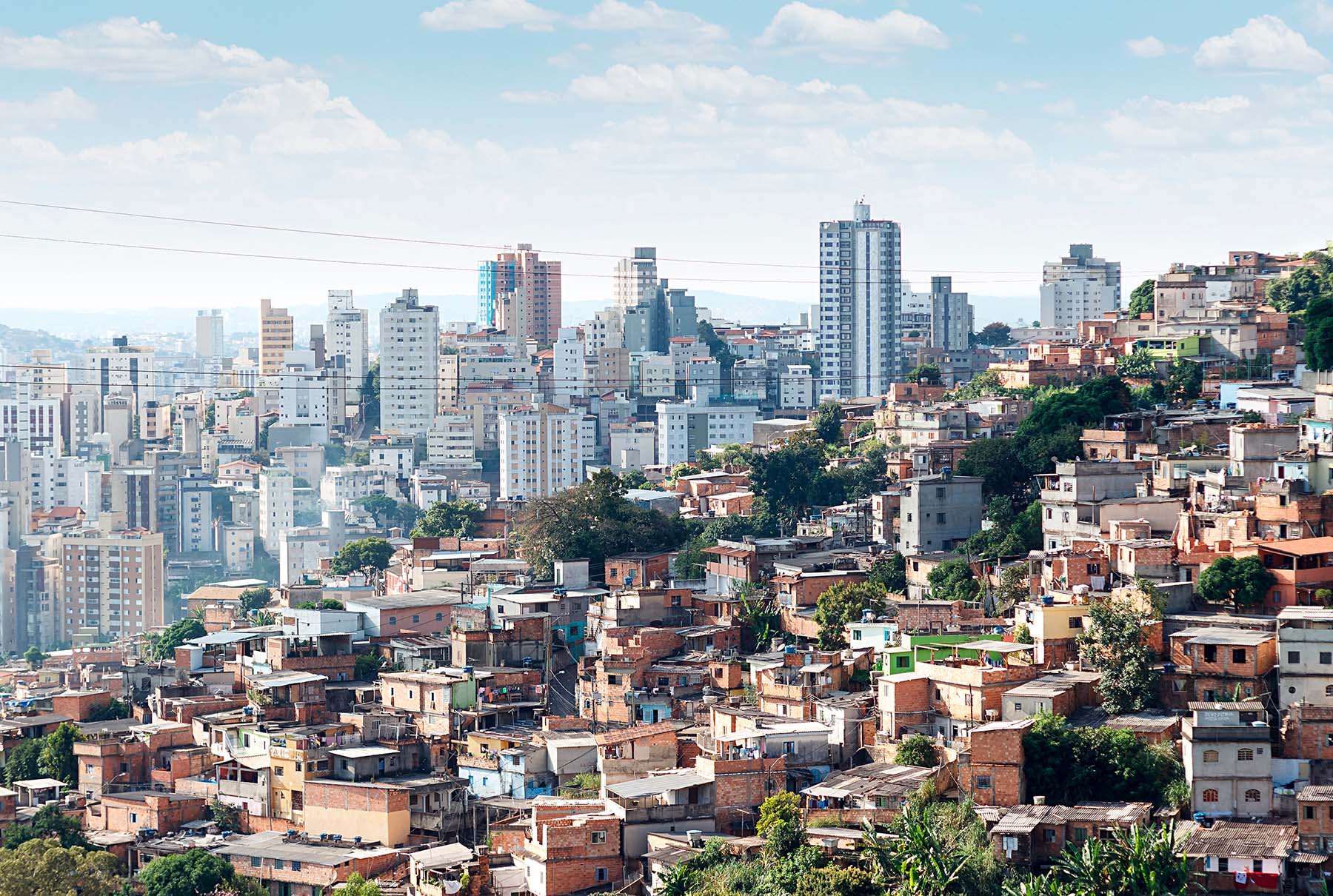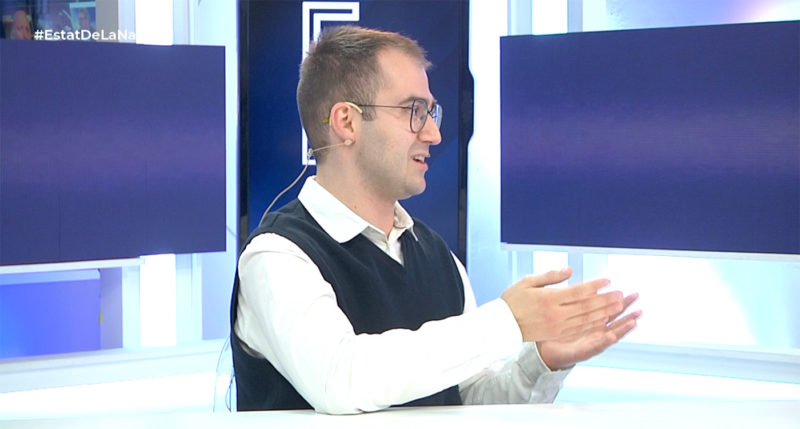

The gap between rich and poor widens
It is not a perception, but a reality: globalisation has made the rich richer and the poor poorer. Since the mid-1990s, the richest 10% of the world’s population has accumulated more than three quarters of all wealth generated, while the poorest half got only 2%.
After three decades of trade and financial globalisation, inequalities in the world remain extremely pronounced. They are arguably as great today as at the height of Western imperialism. Moreover, the covid pandemic has further accentuated income differences.
Data from the “World Inequality Report 2022” show that since the mid-1990s, the richest 10 % of the world’s population has accumulated no less than 76 % of the wealth generated. In fact, 38% was concentrated in the hands of the top 1% of the world’s population. And the poorest half of the population has had to make do with the crumbs: barely 2% of the wealth generated during these last decades. And this gap has widened during the pandemic.
The big difference from the era of colonisation is that these inequalities are not so much a question of rich versus poor countries as of individual differences within states. In this respect, Europe is the region with the least pronounced differences, while the most unequal income distribution is found in North Africa and the Middle East. In addition, gender differences also remain considerable.
A global problem
A previous UN report, the World Social Report 2020, also indicated that income inequality has increased within most developed countries and in some middle-income countries, including China, which has the world’s fastest growing economy.
While the average income gap between countries is narrowing, there are still large differences between the richest and poorest regions: the median income in North America, for example, is 16 times higher than that of people in sub-Saharan Africa.
A brake on development
Growing inequality between individuals exacerbates the risks of division and hampers economic and social development. “Income disparities and lack of opportunities are creating a vicious cycle of inequality, frustration and discontent across generations,” says UN Secretary-General António Guterres in the foreword to the UN report, provoking mass protests in both developed and developing countries.
One of the consequences of inequality is a slowdown in economic growth. In unequal societies, with wide disparities in areas such as health care and education, people are more likely to remain trapped in poverty for generations.
The influence of innovation
We cannot overlook the fact that rapid advances in areas such as biology and genetics, as well as robotics and artificial intelligence, are transforming societies at a dizzying pace.
While technological innovation can accelerate economic growth, offering new possibilities in fields such as healthcare, education, communication and productivity, it is also eliminating entire categories of jobs and driving up wage inequality.
While high-skilled workers are reaping the benefits of the so-called “fourth industrial revolution”, low-skilled and medium-skilled workers, who are engaged in routine manual and cognitive tasks, are seeing their opportunities shrink.
The burden of climate change
With the climate crisis, vulnerable populations are bearing the brunt of environmental degradation and extreme weather events. Indeed, climate change is worsening the situation of the world’s poorest countries and could reverse the progress made in reducing inequality between nations.
If action to tackle the climate crisis proceeds as expected, jobs will be lost in polluting sectors such as the coal industry, but the new “green” economy could lead to net employment gains.
The tragedy of forced migration
As the UN points out, “migration is a powerful symbol of global inequality“. However, contrary to popular belief, more people from middle-income countries migrate abroad than those from low-income countries. This is probably due to the lack of material possibilities to do so in poorer places.
International migration is generally considered to benefit both migrants and their countries of origin, as they send money home, and host countries also benefit. In some cases, when migrants compete for low-skilled work, wages may be pushed down, increasing inequality. But if they offer skills that are in short supply or take jobs that others are unwilling to do, they have a positive effect on unemployment.
These migrations are leading to more people living in urban areas than in rural areas for the first time in history, a trend that is expected to continue in the coming years. And it should not be forgotten that, although cities drive economic growth, they are more unequal than rural areas.
The power of public policy
Reducing inequalities must be at the heart of public policy. This means taking action to ensure that new technologies are used to reduce poverty and create jobs; that vulnerable people are more resilient to the effects of climate change; that cities are more inclusive; and that migration is safe, orderly and regular.
For countries to become more equal, real equality of opportunity needs to be promoted, with measures such as universal access to education; fiscal policies that address social inclusion; and legislation that tackles prejudice and discrimination, while promoting greater participation of disadvantaged groups.
If you want your business to make a giant leap, use 11Onze Business. Our business and freelancer account is now available. Find out more!
Leave a Reply
You must be logged in to post a comment.





Gràcies
En les desigualtats certament te molt a veure el poder adquisitiu,”els diners”,però tb es de gran importància les polítiques socials que els governs apliquen
Cert, ambdues coses són prou importants… Moltes gràcies pel teu comentari, Alícia!!!
Molt bon article.
Gràcies, Manel!
No s’enten que en èpoques de crisi els rics siguin més rics els pobres més pobres, això respón a una mla Educació financera o com a mínim a una Educació financera manipulada! Prou d’injusticies! Volem Coneixements financiers!
Efectivament, les èpoques de crisi són oportunitats per fer més diners per la gent que té coneixements financers i calés per invertir. Evidentment, hi ha més factors en joc, i la corrupció governamental, precarietat laboral i manca d’ajudes socials aguditzen el problema de la desigualtat, per això Espanya es manté a la cua d’Europa pel que fa a pobresa i desigualtat. Trist.